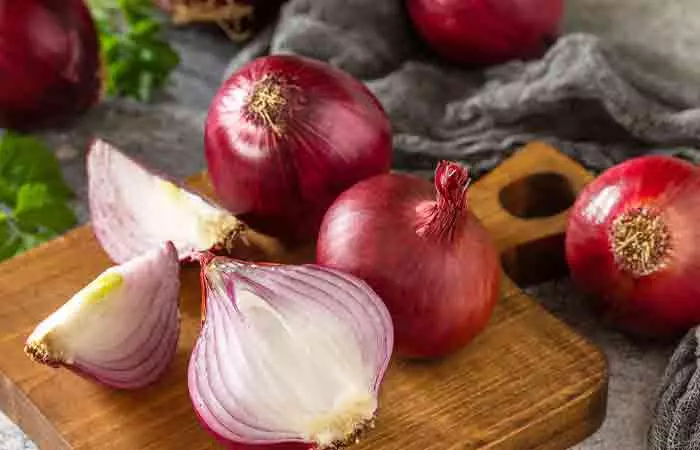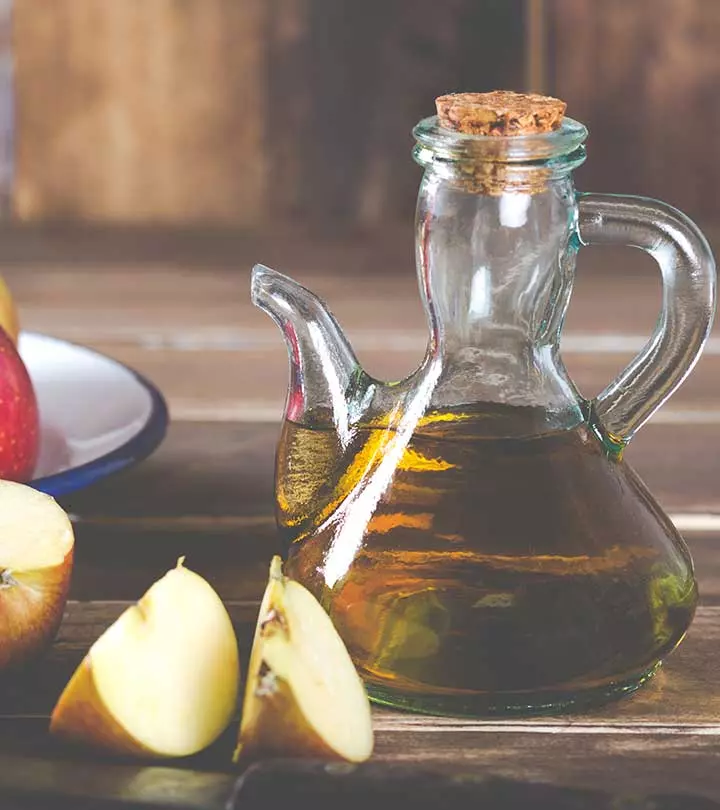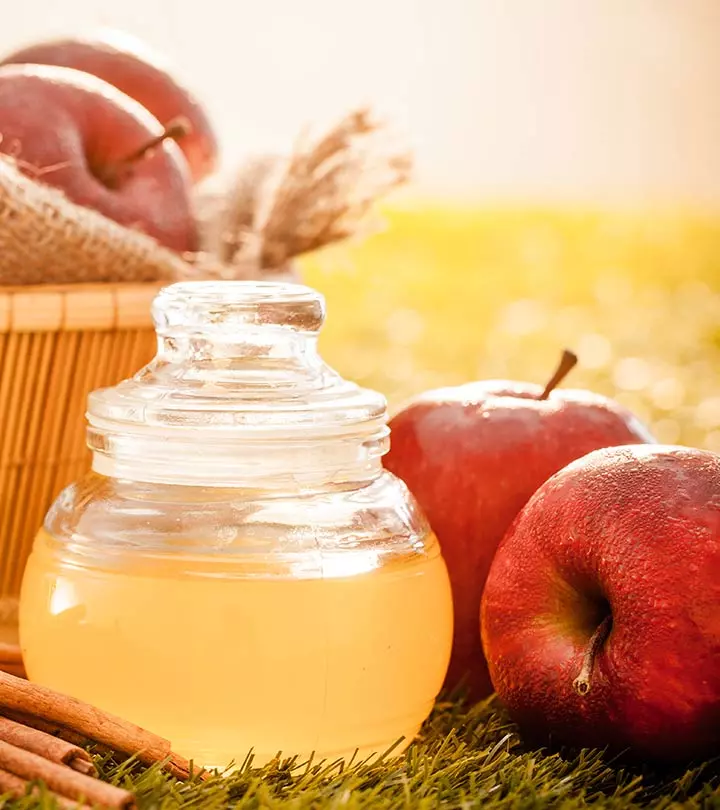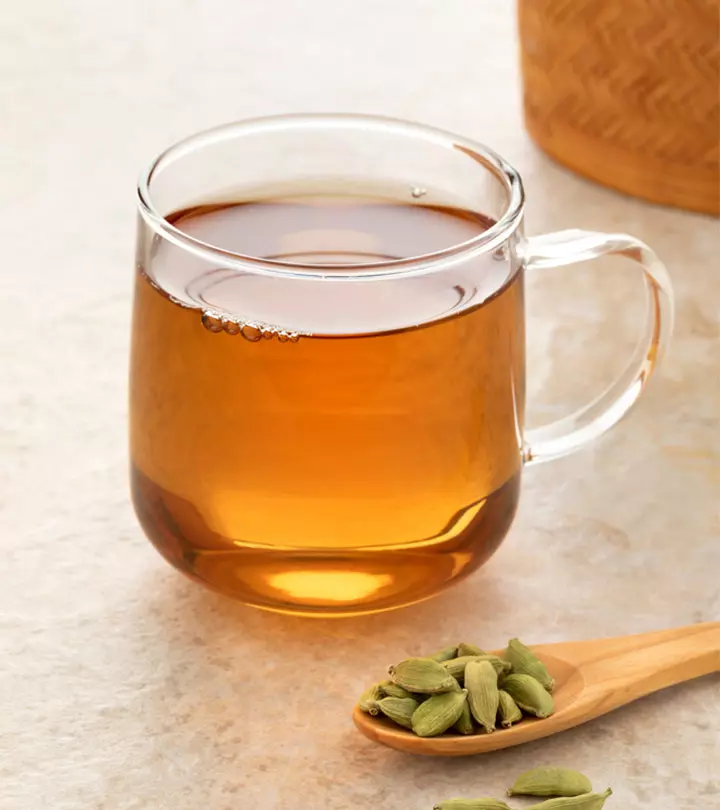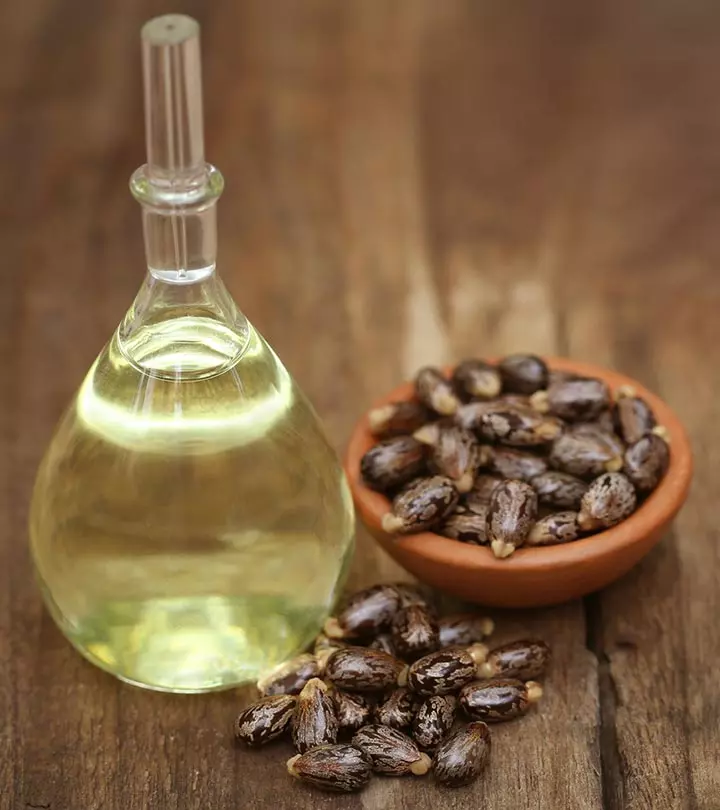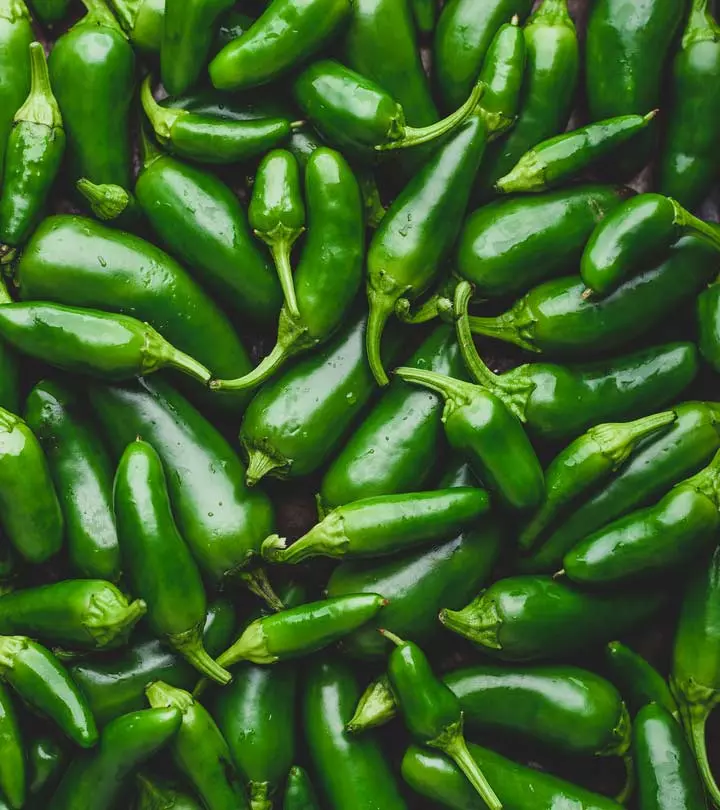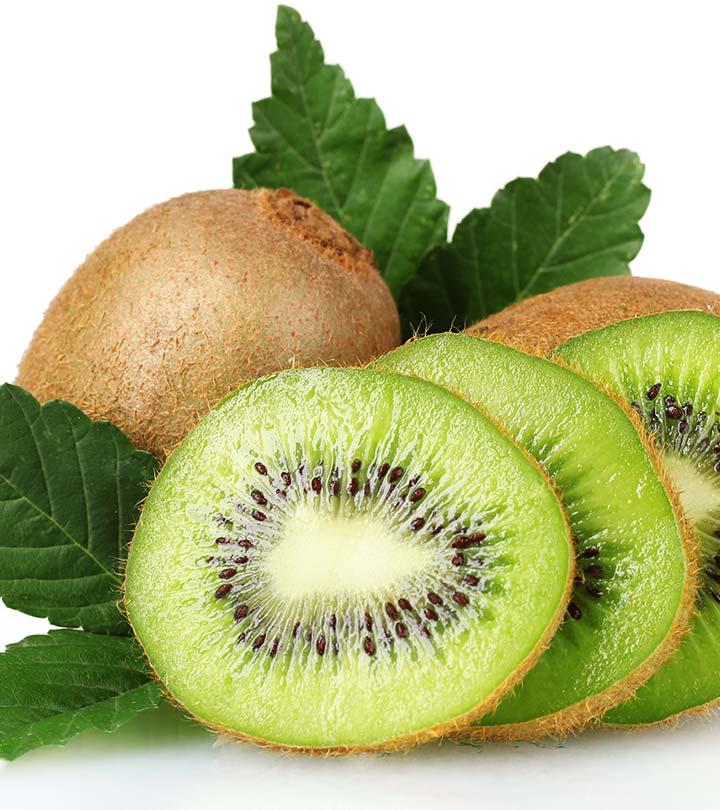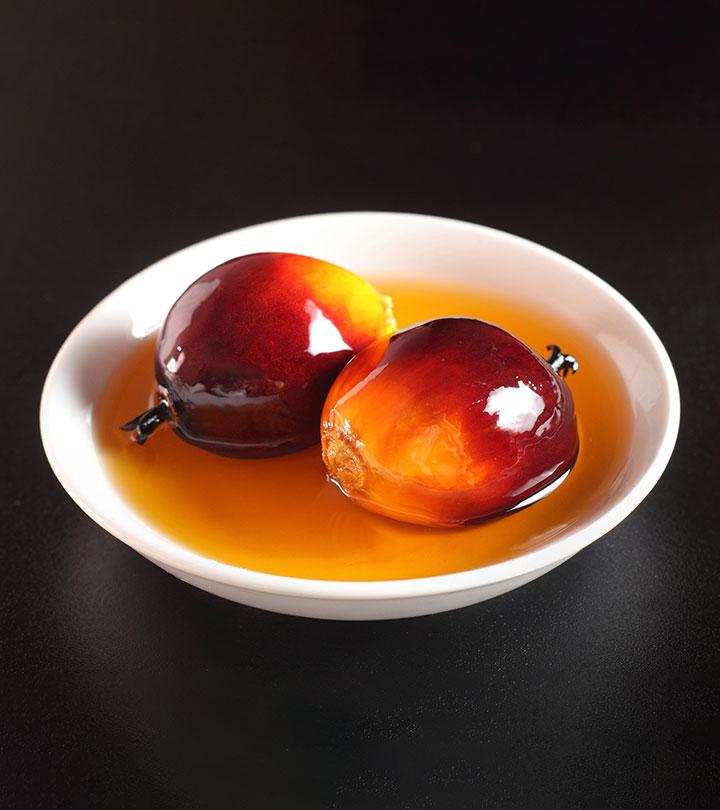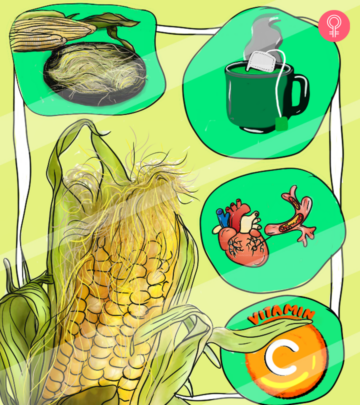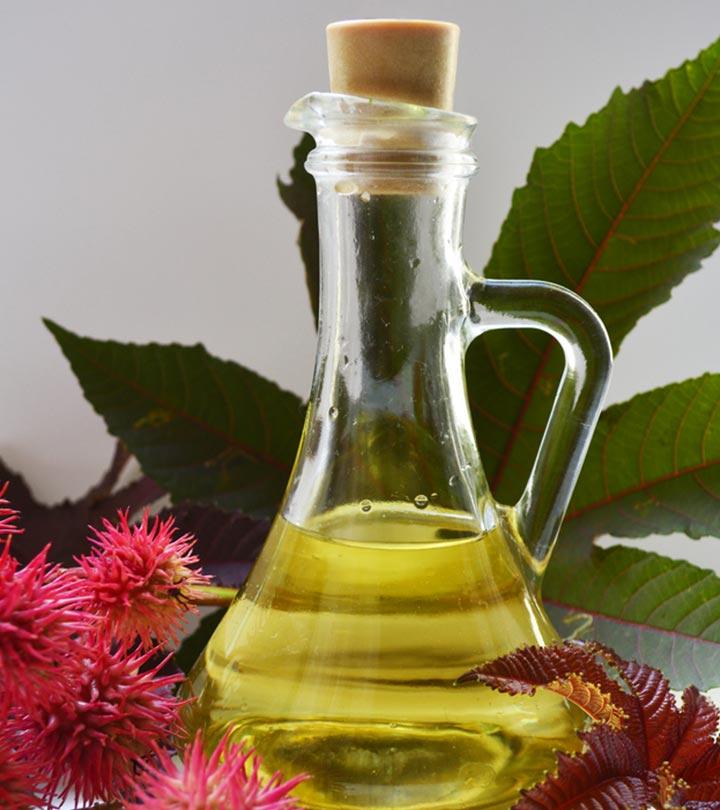Fire Cider Benefits For Health, How To Use It, & Side Effects
A fiery tonic to fire you up from the inside on gloomy days and keep the cold at bay.

Image: iStock
Today, an increasing number of people are looking for a natural remedy that boosts their health and protects them from sickness. It comes as no surprise that people are taking to fire cider. Fire cider is a spicy tonic used in alternative medicine that supposedly boosts immunity and improves overall well-being. While proponents of this tonic claim it has numerous benefits, skeptics think it is nothing more than a spicy potion. In this article, we will explore how fire cider benefits us, its possible side effects, and how to take it.
 Know Your Ingredient: Fire Cider
Know Your Ingredient: Fire CiderWhat Is It?
A spicy herbal concoction made of garlic, onion, pepper, ginger, horseradish, and apple cider vinegar.
What Are Its Benefits?
Treats cold and flu, boosts the immune system and heart health, aids in digestion, and helps relieve pain and inflammation.
Who Can Consume It?
All except those who may be allergic to one of its ingredients.
How Often?
Regularly, but in moderation.
Caution
May lead to tooth decay and irritable bowel syndrome if consumed in excess.
In This Article
What Is Fire Cider?
Fire cider is an herbal, spicy concoction that purportedly treats cold and flu, boosts the immune system, and aids in digestion. It is a type of herbal medicine called oxymel, an ancient Greek word meaning acid and honey.This concoction was developed in the 1970s by Rosemary Gladtstar, folk herbalist and founder of the California School of Herbal Studies. Fire cider combines sour, pungent, hot, and sweet flavors into one drink. The original recipe contains the following ingredients:
- Fresh garlic
- Horseradish
- Fresh ginger
- Onions
- Chili peppers
Gladtstar’s original recipe asks users to soak the above ingredients in apple cider vinegar for 4 weeks. Before drinking it, you can add honey to balance the sour and spicy taste. Since it is an herbal remedy, there are multiple variations to the recipe. You can add the following ingredients to spice up your already spicy drink:
- Turmeric
- Jalapenos
- Lemon
- Rosehip
- Orange
Does fire cider benefit your health or is it just a spicy tonic? Let’s find out in the next section.
Benefits Of Fire Cider
Currently, there is no scientific evidence that supports how fire cider benefits us. However, this section will look at the potential health benefits of the individual ingredients in detail.
- Apple Cider Vinegar
Apple cider vinegar has been one of the most popular home remediesfor its antimicrobial properties. A 2021 study indicates that apple cider vinegar may be effective against fighting off bacteria such as E. coli and S. aureus (1). Another study found that apple cider vinegar demonstrates high antifungal activity against the Candida species, a fungus that causes infections such as denture stomatitisi Inflammation of the gums in people wearing dentures caused by excess growth of the yeast Candida. (2). While these laboratory studies show promise, clinical studies will need to be conducted to understand the link between apple cider vinegar and its antimicrobial properties.
- Garlic
Garlic has been used by many cultures for centuries to treat various medical conditions. A 2020 review indicates that garlic may be used to treat a wide range of illnesses. They include hypertension, coronary heart disease, osteoarthritisi Also known as a wear and tear disease, it is a type of arthritis in which the tissues in the joint break down over time. , and high cholesterol (3). Studies have also indicated that black garlic extract inhibits the growth of different cancer cells (4), (5), (6). Scientific evidence suggests that aged garlic extract may be essential in fighting off flu symptoms (7).
- Ginger
Native to South Asia, ginger has been commonly used for the treatment of inflammation, pain, and nausea. Studies indicate that ginger is known to exhibit anti-inflammatory, anticancer, and antioxidant properties (7). Another study indicates that ginger may play an instrumental role in the management of rheumatoid arthritisi A form of arthritis in which the tissue lining the joints is attacked by the immune system, causing pain and swelling. (8).
- Horseradish
Known for its pungent odor and taste, horseradish comes with its own set of benefits. A study was conducted to compare the efficacy of horseradish supplement and nasturtium against traditional antibiotics. It was conducted on 1500 people with acute sinusitisi An inflammation of the tissues in the sinuses triggered by an allergic reaction and cold, leading to headaches and a runny nose. , bronchitisi An infection of the bronchi, the primary airways of the lungs, causing breathing issues and mucus buildup. , and urinary tract infection for 14 weeks. The researchers found that horseradish supplement and nasturtium had a significantly higher effect on the patients than standard antibiotics (9).
- Onion
Onion is a common household ingredient high in essential vitamins and minerals. Scientific evidence suggests that onions may help reduce the risk of stomach cancer (10). Onions may potentially be used as an anticancer agent or in combination with chemotherapy (11).
- Chili Peppers
Despite being very spicy, chili peppers may benefit your health in more ways than one. Studies indicate capsaicin, a compound found in chili peppers, may aid in weight management, boost your immunity, and may stop the spread of prostate cancer (12), (13), (14).
- Honey
You may find it surprising but honey has been used for years for its pharmacological properties. Scientific literature suggests that honey would be an excellent addition to your diet due to its antioxidant and anti-inflammatory properties (15).
Jennifer Abella, a lifestyle blogger, was introduced to fire cider by one of her ex-colleagues, and she shares how it has been a magical potion for her in one of her blog posts: “Surprisingly, or maybe coincidentally, within a couple of months, two tablespoons [of fire cider] a day cut down the severity and frequency of my allergies and colds (i).”
 Quick Tip
Quick TipSome people also suggest adding rosemary, thyme, or cinnamon in the recipes as they may help boost brain function and improve mood.
Not sure about how to take your fire cider? Don’t worry. Head onto the next section to get a better understanding.
How And When To Take Fire Cider
Fire cider is an herbal potion that may be too spicy for most people. You can change the quantities as per your preference and taste. You can either buy a premade version online or from specialty stores. Ideally, it is recommended that you take 2 tablespoons of fire cider throughout the day. For those feeling adventurous, you can take one shot of 45mL fire cider every day. If drinking it raw makes you squeamish, you can dilute it with 1 cup of water. Fire cider can also be added to the following:
- Soups
- Salads
- Meat dishes
- Sauces
- Marinades
 Did You Know?
Did You Know?Fire cider can also be used as an add-on in teas and stews and some people also add it to cocktails to spice them up.
Now, let’s check two amazing recipes that you can try at home.
Classic Fire Cider
Ingredients
- 3 cups of apple cider vinegar
- 1/2 cup (56 grams) of chopped ginger
- 1/2 cup of chopped onion
- 1/4 cup of grated horseradish
- 3 tablespoons of chopped garlic
- 1/2 teaspoon of cayenne pepper
- 1/4 cup of honey
Instructions
- Combine all the ingredients except apple cider vinegar and honey in a glass jar.
- Now add apple cider vinegar to the jar till it covers all the ingredients.
- Seal the jar and shake it well.
- Store it in a dark and cool place for 4 weeks.
- Give it one shake every day.
- After 4 weeks, strain the liquid into a bottle and add honey.
Fire Cider Kale Crunch Salad
Salad Ingredients
- 1 head of green leaf or red leaf kale
- 1 cup of raspberries
- 1 cup of cooked white rice, chilled
- ½ cup of raw walnut halves
- ½ apple cut into matchsticks
- ½ lemon, juiced
- ½ tablespoon of olive oil
Dressing Ingredients
- ½ cup of olive oil
- 3 tablespoons of fire cider
- ½ tablespoon of honey
- 1 garlic clove, minced
- 1 tablespoon of dijon mustard
- ½ teaspoon of ginger. Freshly grated
- ¼ teaspoon of black pepper
- ¼ teaspoon of salt
Instructions
- Combine all the ingredients for the dressing in a jar. Shake it till ingredients are properly obtained. Keep it in the fridge while you prepare your salad.
- Take a bowl and add chopped kale, lemon juice, and olive oil. Massage the kale with your hands till soft to the touch.
- Add raspberries, cooked rice, apple, and walnuts and toss the mix.
- Drizzle fire cider dressing over the salad, toss again and serve.
You can store fire cider in the refrigerator for upto 3 weeks. In the next section, let’s find out the possible side effects of consuming fire cider.
Possible Side Effects Of Fire Cider
While there is no scientific evidence indicating the side effects of fire cider, you may find a few potential side effects related to its ingredients.
 Quick Tip
Quick TipTo Sum It Up
Infographic: 7 Ingredients To Add To Fire Cider
Fire cider is a spicy tonic that may boost your immunity, aid in weight loss, and improve your overall well-being, making it an excellent addition to your diet. But what are the ingredients needed to make this pungent, sour, spicy, and sweet concoction? Check out the infographic below to know more!

Illustration: StyleCraze Design Team
Fire cider, popular in folk medicine, is an herbal tonic that supposedly offers a slew of benefits. Currently, no scientific research suggests how fire cider benefits or harms us. However, the individual ingredients offer a range of health benefits and may come with possible side effects. If it is too spicy for your taste, you can adjust the quantities of the ingredients according to your preference. Also, if drinking it raw doesn’t sound appealing, you can use it in your favorite salad or soup!
Frequently Asked Questions
Is fire cider good for gut health?
The intake of fire cider may help support digestion and promote gut health. However, there is no scientific evidence to prove these claims.
Is fire cider better than apple cider vinegar?
Fire cider is made by steeping garlic, hot peppers, honey, and onions in apple cider vinegar. The goodness of these ingredients may help fire cider work better than apple cider vinegar. However, there is no research available on the benefits of fire cider.
Does fire cider make you lose weight?
Onion and garlic present in fire cider may help you lose those extra pounds (18), (19).
When should I take fire cider?
You can either take 2-3 tablespoons of fire cider throughout the day or one large shot before or after eating.
Key Takeaways
- An herbal, spicy concoction, fire cider can treat cold and flu, strengthen the immune system, aid digestion, and improve wellness.
- Folk herbalist and founder of the California School of Herbal Studies, Rosemary Gladtstar, developed this concoction in the 1970s.
- Avoid taking it if you have irritable bowel syndrome, as the chili will only aggravate your symptoms.
Learn about the amazing health benefits of fire cider and get recipes from the video below! Discover how this natural remedy can help improve your health and well-being.
Personal Experience: Source
StyleCraze's articles are interwoven with authentic personal narratives that provide depth and resonance to our content. Below are the sources of the personal accounts referenced in this article.
i. This is the Fire Cider!https://medium.com/@JenAbella/fire-cider-homemade-wackery-that-doesn-t-taste-too-good-and-may-not-work-but-it-s-something-7f83d318c182
References
Articles on StyleCraze are backed by verified information from peer-reviewed and academic research papers, reputed organizations, research institutions, and medical associations to ensure accuracy and relevance. Read our editorial policy to learn more.
- Antimicrobial activity of apple cider vinegar against Escherichia coli Staphylococcus aureus and Candida albicans downregulating cytokine and microbial protein expression
https://www.ncbi.nlm.nih.gov/labs/pmc/articles/PMC5788933/ - Antifungal Activity of Apple Cider Vinegar on Candida Species Involved in Denture Stomatitis
https://pubmed.ncbi.nlm.nih.gov/25219289/ - Potential Health Benefit of Garlic Based on Human Intervention Studies: A Brief Overview
https://www.ncbi.nlm.nih.gov/labs/pmc/articles/PMC7402177/ - Aged black garlic extract inhibits HT29 colon cancer cell growth via the PI3K/Akt signaling pathway
https://pubmed.ncbi.nlm.nih.gov/24649105/ - Aged black garlic extract induces inhibition of gastric cancer cell growth in vitro and in vivo
https://pubmed.ncbi.nlm.nih.gov/21922142/ - Induction of apoptosis by a hexane extract of aged black garlic in the human leukemic U937 cells
https://pubmed.ncbi.nlm.nih.gov/24741395/ - Supplementation with aged garlic extract improves both NK and γδ-T cell function and reduces the severity of cold and flu symptoms: a randomized double-blind placebo-controlled nutrition intervention
https://pubmed.ncbi.nlm.nih.gov/22280901/ - The effect of ginger supplementation on some immunity and inflammation intermediate genes expression in patients with active Rheumatoid Arthritis
https://www.sciencedirect.com/science/article/abs/pii/S0378111919301313 - [Efficacy and safety profile of a herbal drug containing nasturtium herb and horseradish root in acute sinusitis acute bronchitis and acute urinary tract infection in comparison with other treatments in the daily practice/results of a prospective cohort study]
https://pubmed.ncbi.nlm.nih.gov/16618018/ - Allium vegetables are associated with reduced risk of colorectal cancer: A hospital-based matched case-control study in China
https://pubmed.ncbi.nlm.nih.gov/30790463/ - Onion Extract Encapsulated on Nano Chitosan: a Promising Anticancer Agent
https://link.springer.com/article/10.1007/s12029-020-00561-2 - The effects of capsaicin and capsiate on energy balance: critical review and meta-analyses of studies in humans
https://pubmed.ncbi.nlm.nih.gov/22038945/ - Could capsaicinoids help to support weight management? A systematic review and meta-analysis of energy intake data
https://pubmed.ncbi.nlm.nih.gov/24246368/ - Nutritional Benefits and Pharmaceutical Potentialities of Chili: A Review
https://www.researchgate.net/publication/316716843_Nutritional_Benefits_and_Pharmaceutical_Potentialities_of_Chili_A_Review - Investigation of phenolic compounds antioxidant and anti-inflammatory activities in stingless bee honey (Meliponinae)
https://www.sciencedirect.com/science/article/pii/S0963996919306428 - Evidence That Daily Vinegar Ingestion May Contribute to Erosive Tooth Wear in Adults
https://pubmed.ncbi.nlm.nih.gov/33297831/ - Garlic and onion sensitization among Saudi patients screened for food allergy: a hospital based study
https://www.ncbi.nlm.nih.gov/labs/pmc/articles/PMC3824438/ - Effects of chili on postprandial gastrointestinal symptoms in diarrhoea predominant irritable bowel syndrome: evidence for capsaicin-sensitive visceral nociception hypersensitivity
https://pubmed.ncbi.nlm.nih.gov/18647268/ - Onion peel extract reduces the percentage of body fat in overweight and obese subjects: a 12-week randomized double-blind placebo-controlled study
https://www.ncbi.nlm.nih.gov/labs/pmc/articles/PMC4819128/ - The effects of garlic supplementation on weight loss: A systematic review and meta-analysis of randomized controlled trials
https://pubmed.ncbi.nlm.nih.gov/31357923/
Read full bio of Dr Archana Batra
Read full bio of Ravi Teja Tadimalla
Read full bio of Payal Karnik








